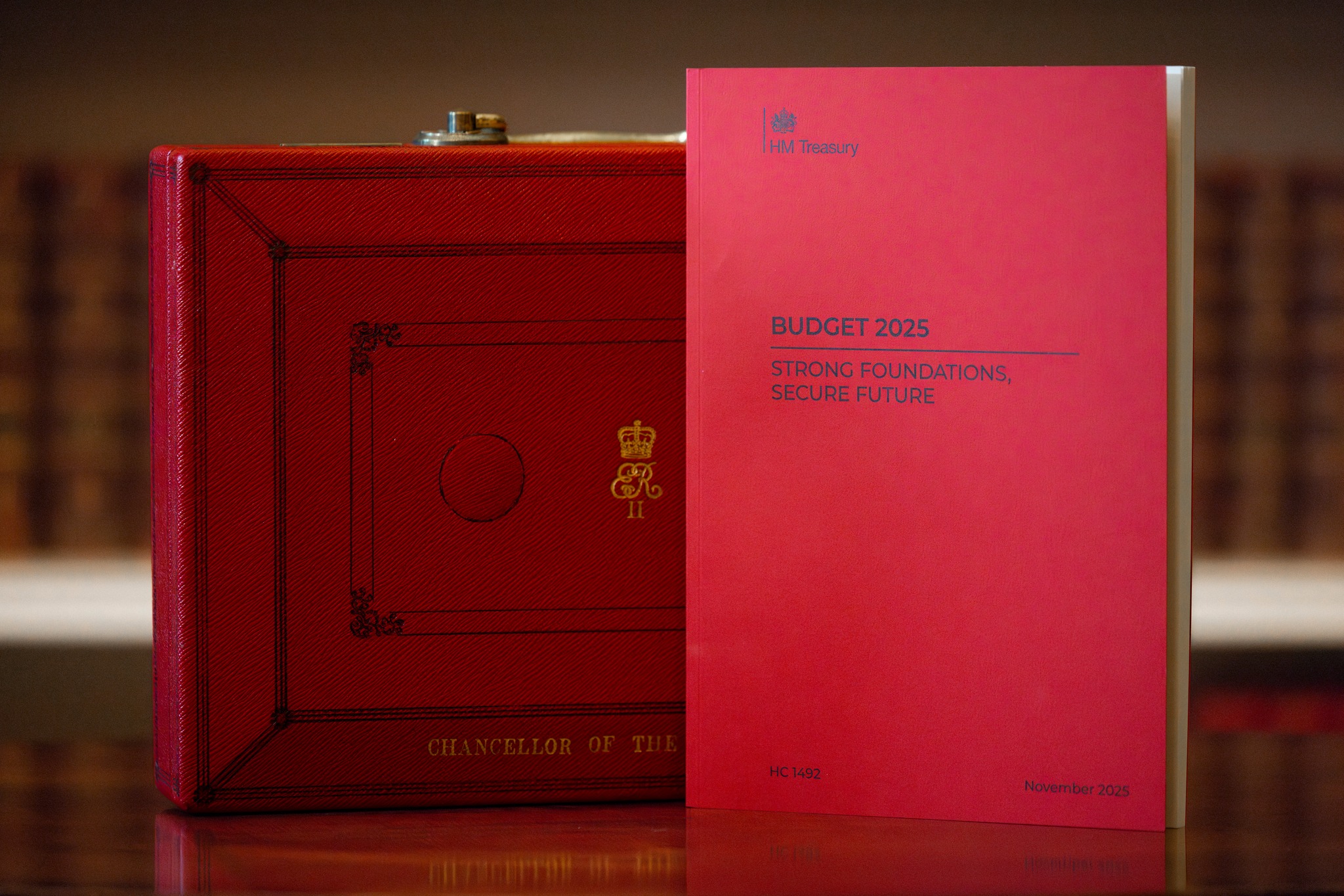The UK's most sustainable farms

As the UK moves towards its EU exit, the focus on food security and farming has become ever more intense. Simultaneously, increasingly frequent news items about climate change and its environmental effects concentrate minds on the importance of sustainability.
As the UK moves towards its EU exit, the focus on food security and farming has become ever more intense. Simultaneously, increasingly frequent news items about climate change and its environmental effects concentrate minds on the importance of sustainability.
Impact of farming through the years
The main areas of operation within the UK farming industry are:
- Arable
- Livestock (beef and lamb)
- Dairy
- Contact farming (providing general support services to farms)
Towards the end of the twentieth century, the traditional reliance on chemical pesticides and fertilizers, biotechnology, mono-cultural crops, and heavy government subsidies bolstered food availability and affordability. However, the environmental and social tolls are increasingly evident – land erosion, depleted and contaminated soil and water resources, loss of biodiversity, deforestation, labour abuses, the expansion of industrial-sized agriculture farming (with industrial styles of production), and the decline of the traditional family farm.
The meaning of sustainable agriculture
Fundamentally, sustainability means farming techniques that protect
- The environment
- Public health
- Communities
- Animal welfare
Sustainable agriculture allows for the production of healthy foods without destroying the ability of future generations to do the same. The key areas of activity are:
- Crop rotation
- Crop diversification
- Use of technology and data
- Recycling (crop waste and animal manure)
The most sustainable farms in the UK tend to be those smaller operations owned or managed by innovative, visionary, and ecologically pioneering people.
Also find out about agricultural costs.
Environmental and social costs are now becoming painfully clear – land erosion, depleted and contaminated soil and water resources, loss of biodiversity, deforestation, labour abuses, growth of industrial-sized farming and the decline of the traditional family farm.
What does sustainable agriculture look like?
Sustainable agriculture aims to sustain farmers, resources, and communities through profitable, environmentally friendly agriculture farming practices. It aligns with and complements modern agriculture in promoting profitability, environmental soundness, and community welfare. This approach benefits the environment by preserving soil quality, mitigating soil degradation and erosion, and conserving water. Moreover, it fosters biodiversity within farming environments, offering diverse organisms healthier habitats, thus enriching agriculture in farming regions.
The UK leaders in sustainable agriculture
There are a large number of farms in the UK forging ahead with strong and innovative models of sustainability. The list below is therefore only a small sample of certain award-winning farmers and how their innovations and quality response to the critical issue of sustainability.
Also explore agriculture innovation.
David Fuller-Shapcott, J.N. Fuller-Shapcott & Co., Scottish Borders
A good example of using technology and information from data to enhance production and ensure it is more sustainable. He is doing five Yield Enhancement Network (YEN) trials this year. These indicators analyse tissue and soil, therefore bettering their understanding of weaknesses such as a lack of nutrients.
Thomas Pemberton, Pemberton Dairies, Birks Farm, Lancashire
This young dairy farmer has proved himself as a digital revolutionary. His video, intended to show consumers how to use their newly installed raw milk vending machine went viral on social media and YouTube within 2 days. Encouraged greatly (and not a little surprised!), he, therefore, started producing more videos and set up a YouTube channel (‘Tom Pemberton’s Farm Life’) showing the everyday life and activities on his farm.
This online profile has shown how to effectively connect farming and the general public (especially young people). This innovation doesn’t address specific sustainable agricultural practices but may help ensure the preservation of small-scale, family farming itself. If this online fan base is encouraged to think of a future in agriculture, his work will have been invaluable. As he comments, ‘These days it is easier to watch than read, and farmers have never had such an opportunity to promote the amazing things they do.’
Heritage Harvest (Buckinghamshire)
Heritage Harvest specialises in cultivating genuine heritage cereal grains that have been lost and nurturing grains with abundant nutrient content. They strive to re-localise agriculture farming, actively engaging in the cereal supply chain—partnering with farmers and bakers—to enhance transparency and sustainability throughout agriculture in farming communities.
Hands Free Hectare (Shropshire)
The aim of Hands Free Hectare is to use only robots and drones to grow crops. This project is the first of its kind in the world – the ultimate aim is to drill, tend, and harvest a crop without operators on the machine or agronomists in the field. Early results, including a harvest of winter wheat, have been positive. The farm hopes to improve the accuracy of its machinery, thus improving the yield next year.
FAQs

Can we help your business?
Book a free consultation with our expert R&D funding advisors today. We specialise in helping innovative businesses like yours unlock millions in government funding, specifically allocated to fuel your innovation. Let us help your business access the support it deserves.









.svg)


